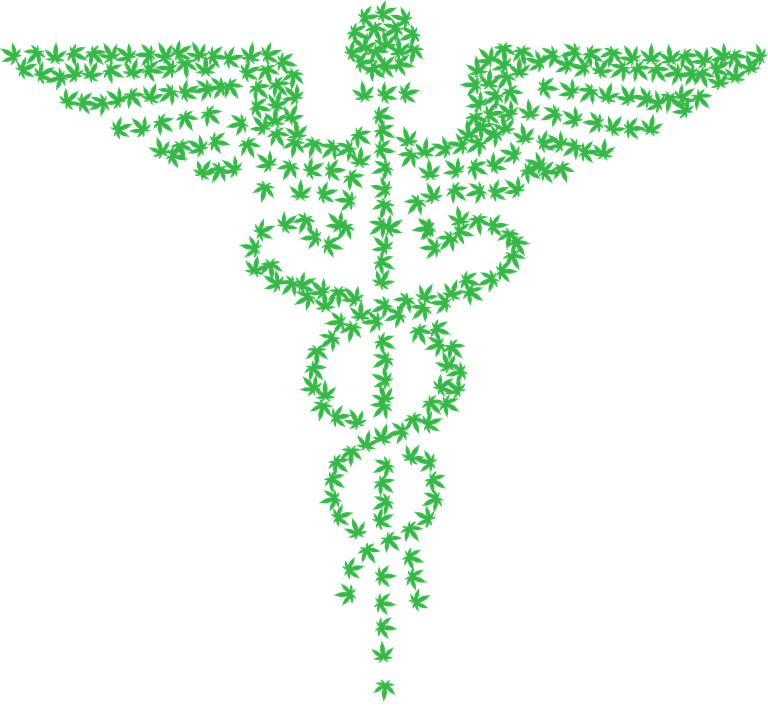
Every year, 55,440 adults in the US are diagnosed with pancreatic cancer.
This is an intractable disease. We all remember when it took the life of Steve Jobs: his rapid decline was inevitable only a few years ago in 2012. It is incurable. According to the American Cancer Society, for all stages of pancreatic cancer combined, the one-year relative survival rate is 20%, and the five-year rate is 7%. This means that it is one of the world’s most deadly illnesses, and that it is nearly impossible to treat in a way that results in the survival of the patient.
But that may be changing.
“Given the five-year survival rate for people with pancreatic cancer is less than seven percent, the discovery of new treatments and therapeutic strategies is urgently needed,” Professor Marco Falasca from Queen Mary University of London says.
Pancreatic cancer is hard to detect. Its symptoms are common, like back pain and nausea, and because there is no reliable screening tool for it, it is often not found until it is too late, when either the cancer is inoperable or it has spread to other organs. That’s why chemotherapy and radiation treatment are largely the only options for those who have a chance at survival.
Even so, one of the biggest reasons that people do not survive pancreatic cancer is the attendant effects of its treatment. The pancreas’ normal function is to decrease the appetite, and when cancer comes into play, the body’s ability to both hunger for food and process its nutrients is deeply affected. What this means is that not only is the body not able to function in a way that allows it to remain healthy through the intake of nutrients on a cellular level, but the human being with pancreatic cancer doesn’t even want to ingest nutrients in the first place. Add chemotherapy to the mix, and you have a toxic environment in which little to no support of basic functions begins to take place.
This is where CBD comes in.
“Cannabis and hemp can provide great complimentary care products for patients with pancreatic cancer,” says Kimberly Stoll-French, Chapter Development Director of the National Pancreatic Cancer Foundation.
The reason that this is the case is that people who take CBD during their chemotherapy have the benefit of two effects.
First, their chemotherapy itself may be more effective. CBD has a tendency to increase the efficacy of medication. It makes the pharmaceuticals that we take more effective and less challenging for our nervous systems to process. The endocannabinoid system is referred to as the master regulator, so it controls our body’s abilities to eat, sleep, rest, digest and relax, and so CBD is able to help the body process and, more critically, use the medications we take in.
Second, CBD is able to help people want to eat and rest. An imbalance in the way that we eat, or how our pancreas works, can result in an imbalance that can create an impact on another system. The maintenance of homeostasis, or balance in our bodies, is fundamental to who we are and our survival, and especially in those who are affected by diseases such as cancer. CBD, like THC, can help us feel balanced enough to eat in a healthy way. The endocannabinoid system also controls movement of food throughout the intestines, which can either speed up or slow down our metabolism in response to what we need. Our endocannabinoid receptors help us choose the food we eat and process the food in our bodies, as well as lessen inflammation throughout the body.
And it’s working, especially when it comes to pancreatic cancer research.
With research in rodent trials completed by the Pancreatic Cancer Research Fund, the Avner Pancreatic Cancer Foundation and The Beatson Institute for Cancer Research in Scotland, we have found that the use of CBD can extend survival rates by threefold. “If we can reproduce these effects in humans, cannabidiol could be in use in cancer clinics almost immediately,” Falasca explains.
Endocannabinoids are produced internally by our body, and phytocannabinoids are produced by the cannabis plant. In both cases, when these cannabinoids are present in our body, they are managed by a neurotransmitter system that is present in every organ of our body, in all of our connective tissue, in our skin, in our circulatory system, in our immune system, in just about every single part of the human body.
That’s why we can use CBD to help us get our master regulator in better working order, helping us with everything that we need to do.
For those with pancreatic cancer, however, it just may be a new chance at life.
-Klee
1 Queen Mary University of London. (2018, July 30). Cannabinoid improves survival rates of mice with pancreatic cancer. ScienceDaily. Retrieved from www.sciencedaily.com/releases/2018/07/180730160618.htm.
2 https://arktimes.com/sponsored/tree-of-life-seeds/2019/05/16/cancer-organization-marks-anniversary-with-important-new-cbd-partnership